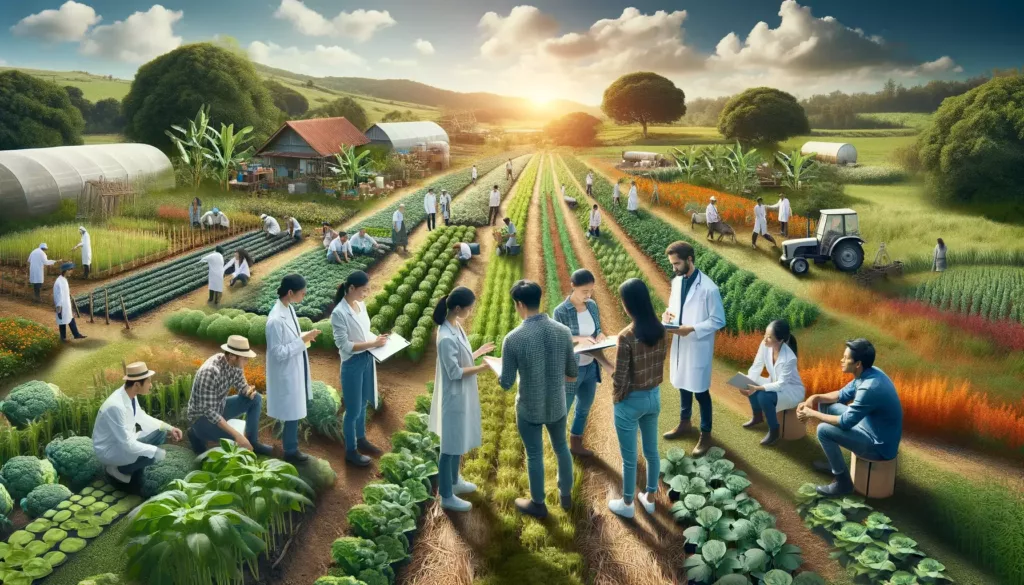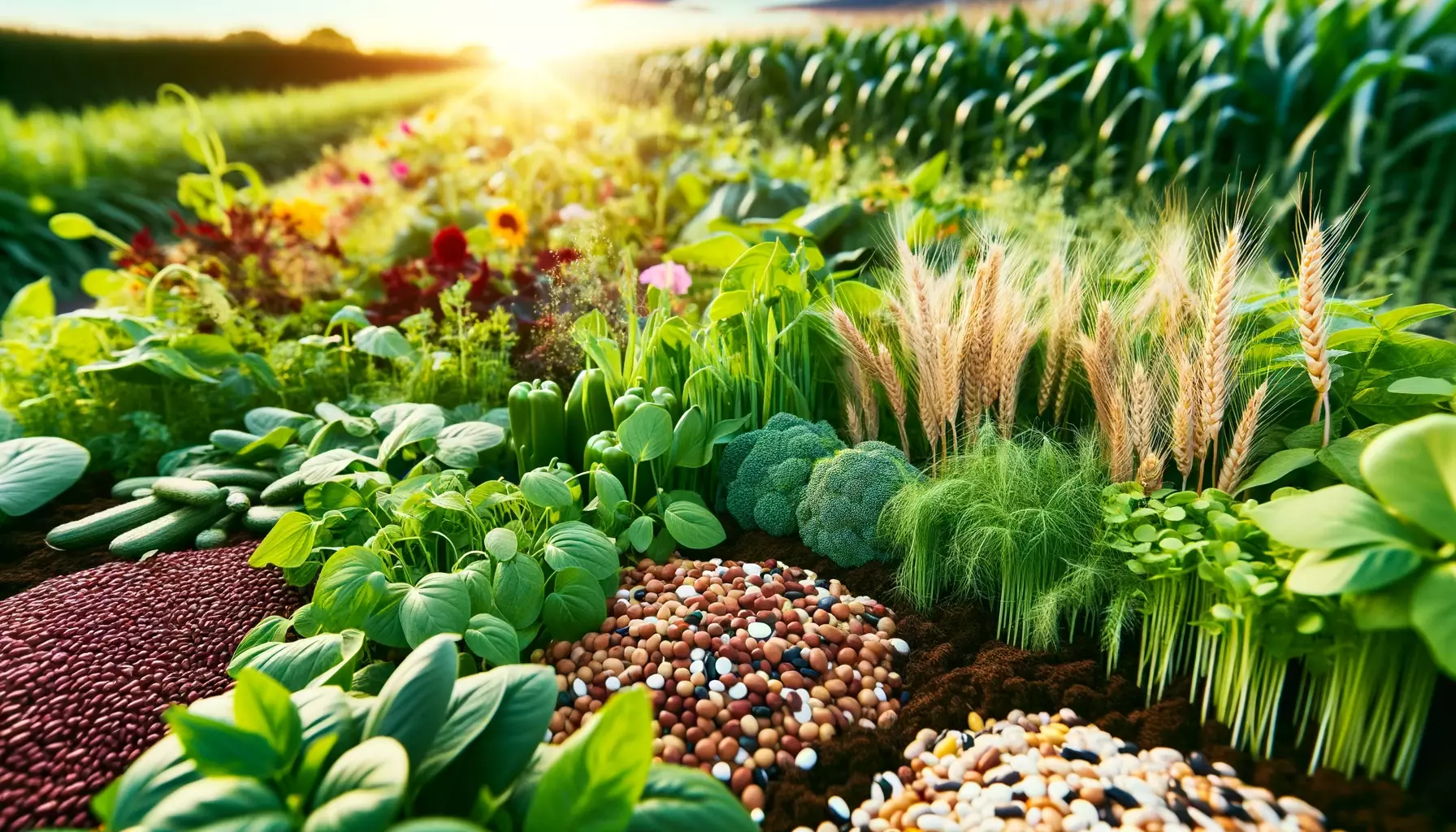The Urgent Need for Change in Food Production
The current state of global food systems is alarming, contributing to one-third of worldwide greenhouse gas emissions and nearly 80% of biodiversity loss. The reliance on industrial agriculture, characterized by chemical-dependent monocultures, has led to extensive forest destruction, community displacement, water pollution, and soil degradation. Additionally, this model’s vulnerability to diseases and climate-related shocks renders it unfit for the future.
Agroecology: A Sustainable Solution Amid Climate Talks
As the world congregates at COP28 in Dubai, it’s crucial to reduce greenhouse gas emissions from food and farming sectors and build resilience against climate crisis-induced extreme events. A transition to diversified agroecological systems offers a sustainable path to meeting these challenges. Agroecology encompasses a holistic approach to food production, focusing on diversified landscapes that support various crops, livestock, and fisheries, tailored to local conditions and communities.

The Multifaceted Benefits of Agroecology
Agroecology enhances soil health, boosts resilience against floods and droughts, and increases carbon sequestration and water conservation. It aligns with 15 of the 17 UN Sustainable Development Goals, tackling poverty, health, and gender inequality by increasing local incomes, promoting nutritious diets, and encouraging community involvement.
Global Success Stories in Agroecology
Around the world, agroecology is gaining momentum. In Mexico, faced with declining yields and severe hurricanes, a two-decade shift towards agroecology has improved rural food security by 4%. Farmers adopting drought-resistant crops like nopal cacti exemplify agroecology’s adaptability to climate change while reducing environmental footprints.
In Cambodia, agroecological practices are combating soil fertility depletion and water absorption issues. The government promotes nitrogen-fixing legume cover crops in rainfed cropping systems, enhancing soil carbon storage and providing an additional income source for farmers. This shift, however, requires scaling and collaborative efforts from various stakeholders, including international support.
Vietnam faces challenges with rising sea levels affecting rice crops and soil erosion in mountainous monocultures. Transitioning from intensive rice farming to organic rice and shrimp seasons and adopting agroforestry in mountainous regions illustrate the shift towards agroecology. The Vietnamese government’s strategy aims for a complete transition by 2030, necessitating support for farmers during this period of initial income decline before achieving resilience and profitability.
The Role of COP28 in Agroecological Transition
COP28 presents an opportunity to champion a transformation in food systems based on agroecological principles. Financial aid and knowledge sharing are crucial for farmers to adopt sustainable food production methods. Creating networks that connect various food sector players can catalyze the agroecological movement.
Consumer Awareness and Decision Maker Support
Raising consumer awareness about the benefits of sustainable, healthy, and socially just food products is vital. Agroecology stands as a viable solution to the climate emergency, backed by scientific evidence. Decision-makers at COP28 are urged to facilitate this transition through supportive policies, financing, and knowledge-sharing platforms.
